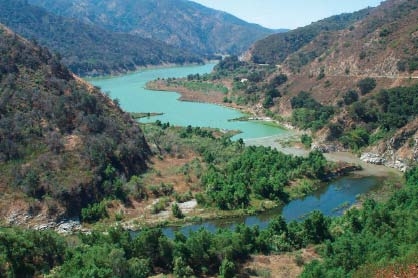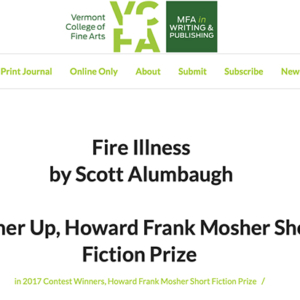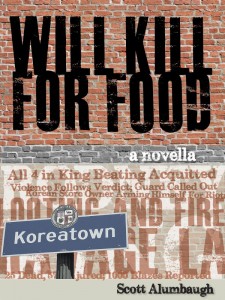
Last April, after sending out around fifty queries for two novels, and probably twice that many short story submissions over the past three years, with no success, I decided to take a break from writing and try to figure out what I was doing wrong. Or at least, what I needed to be doing better.
After reading a number of “successful” current authors, I found some patterns. Some which suit me personally more than others. The one thing that stuck out most is the hardest to describe. And that’s voice.
Reviewing my own work, I found that as I developed my stories over successive drafts, they became less and less idiosyncratic. The language more formal, more structured. Less alive, and much less interesting to read. Not coincidentally, this coincided with the number of people I submitted each story to for critique. In other words, I fell into the trap every writer knows they should avoid: letting critiquers’ comments overly influence their style.
I knew this was an issue. I experienced it twenty-five years ago, when I first studied writing at UCLA Extension. But goddamn if I didn’t fall for it again.
Once I realized this, I formed an image of a river. Specifically, the San Gabriel River in Southern California. It’s a great analogy to the process of writing and refining fiction with the help of others.
When you start out, your creativity is like the river picture at the top of this page. It’s wild, it creates its own channel, and it works its way out of the wilderness to find the Sea of Publication.
But along the way, your river of creativity hits the San Gabriel Valley: that is, a settled area it must pass through safely. The valley is settled by critiquers. People, like you, who write and love to read. But they know the Rules better than you do. And as outside observers, they see things in your story you never could. So they comment on things like point of view, punctuation, usage, tightening your prose, making things clearer.

Which raises a dilemma. If you ignore them, you run the risk of megalomania (“They just don’t understand me”). If you go too far in the other direction, you end up with, well, the picture to the right: the San Gabriel Wash”a style that constrains your creativity and makes a sterilized, walled-in beeline to the Sea of Oblivion.
Just to be clear, this is not the critiquers’ fault. They are doing exactly what you asked, and what every writer needs. The fault is all mine and what I did with that advice and opinion.
Yep, I am afraid I became the Wash. Happily, I see that now. Which is not say that I have found the key to great writing and publication. Just that I think I’ve found a good place to spend a lot of energy trying to correct.

